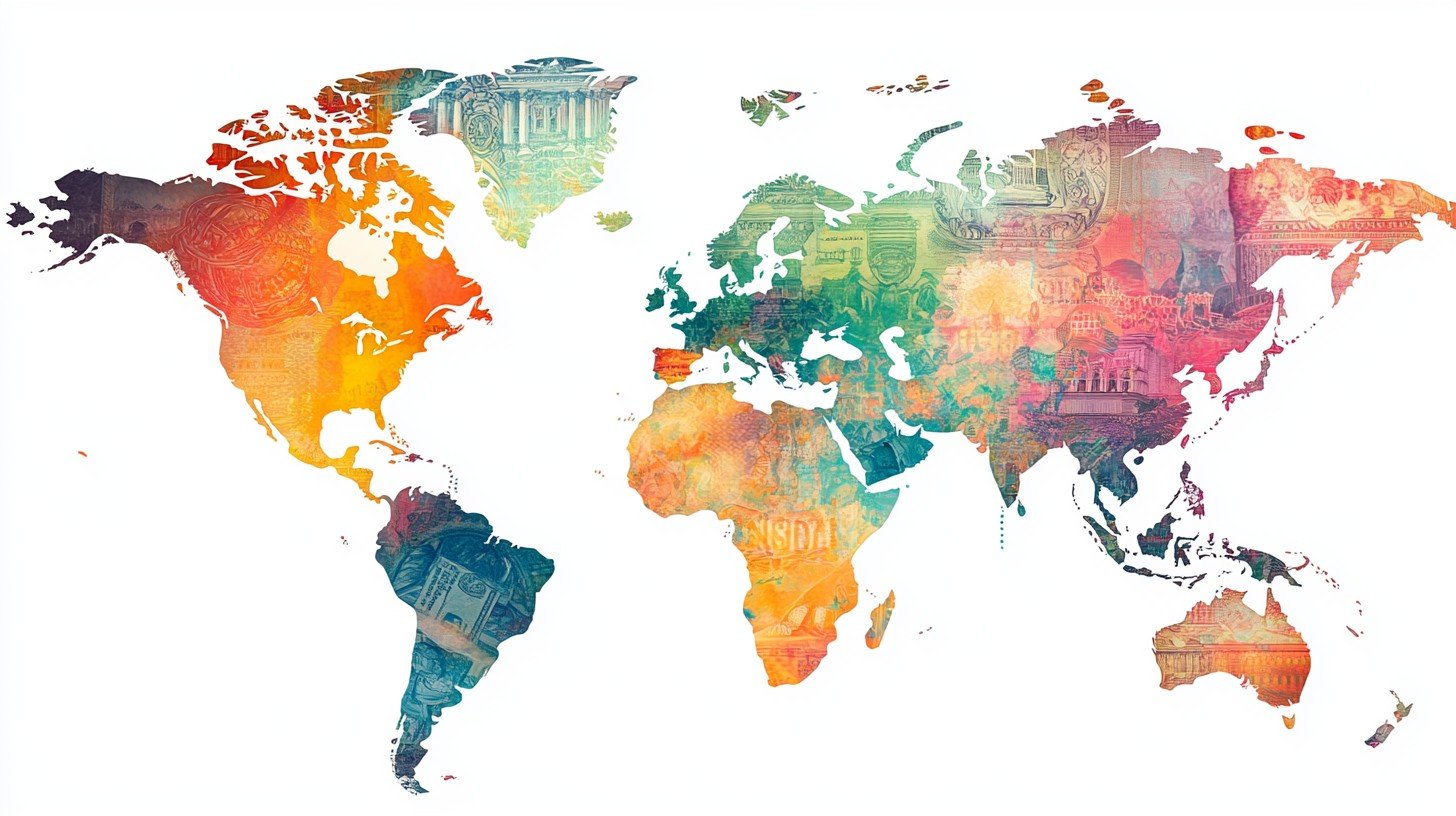

December 20, 2024

 ©
©
"Give me your tired, your poor, Your huddled masses yearning to breathe free,The wretched refuse of your teeming shore.
Send these, the homeless, tempest-tost to me,
I lift my lamp beside the golden door!
Liberté, Égalité, Fraternité
WELCOME TO YOUR ENGLISH STATION & SCIENCE LEARNING ©
11,571,838 READERSDONATE $0.50
THE STATE OF THE WORLDWelcome to sabri.org!
English Learners: If you would like to have one-on-one face to face English lessons through Zoom, let me know. Contact me at
sabri@sabri.org
for any inquiries or to schedule your first session. Available 9AM-9PM Pacific Standard Time.
DONATE $0.50
Our WorldTHE STATE OF ISRAEL
Muslims & The WestAbout The Drone HysteriaAmerica's War on Education
Please Download Kindle Reader for free
EDUCATIONAL TECHNOLOGY & ONLINE LEARNING
{THIS IS AN ACADEMIC COURSE FOR ACADEMICS AND ONLINE TEACHERS, DESIGNED BY DR. SABRI )
*****************************************
SLANG, CLICHES, WORDINESS, PRETENTIOUS WORD, BEBAWI ©
THE IMPORTANCE OF CRITICAL THINKING, BEBAWI ©
COUNT VS. NON-COUNT, BEBAWI ©
EXERCISE & ANSWERS, BEBAWI ©
MAKING SENSE OF THE MODALS. BEBAWI ©
THE ART OF CORRECT SPELLING, BEBAWI ©
TYPES OF ESSAYS, BEBAWI ©
An American Citizen Fears America
sabri.org offers an insightful exploration into cultural heritage and modern scientific advancements.


